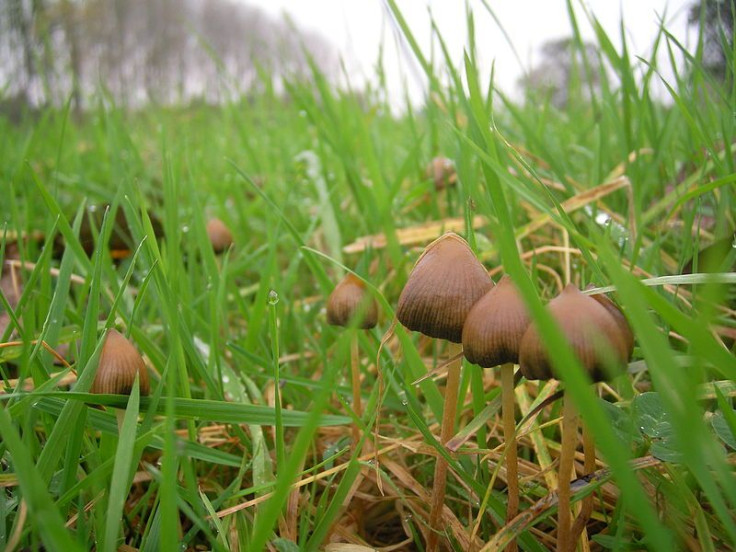Restrictions On Drugs Cause Scientific Setbacks, Researchers Say; Study Finding Psychedelics Help Treat Depression Stalled Due To ‘Stringent Rules’

Drugs such as cannabis, magic mushrooms, and ecstasy, among others, fall into a precarious position with respect to the scientific community. Despite their potential helpfulness in treating certain ailments, scientists are not permitted to work with them.
It's a form of scientific censorship, researchers argued, that the illegality of certain psychoactive drugs prevents people from doing adequate testing for the drugs' medicinal properties.
Also citing the traditionalist views of the 1960's regarding drug laws, neuropsychopharmacology professor David Nutt at Imperial College London analogized the laws to "the worst case of scientific censorship since the Catholic Church banned the works of Copernicus and Galileo." Nutt, along with his colleague Dr. Leslie King, are both former British government drug advisers, and together with University of North Carolina's David Nichols, the three authors published their grievances in the journal Nature Reviews Neuroscience.
"If we adopted a more rational approach to drug regulation, it would empower researchers to make advances in the study of consciousness and brain mechanisms of psychosis," Nutt said, "and could lead to major treatment innovations in areas such as depression and PTSD."
Nutt has a history of resisting the government's authority. In 2009, he was fired from his adviser position after publicly criticizing the government for ignoring scientific advice on cannabis and ecstasy.
His own research has seen these roadblocks firsthand. Nutt held a small trial with volunteers to test the effect of psilocybin — the key drug in magic mushrooms — on patients with depression. However, in April, the study hit a wall when "stringent rules" cut off Nutt's access to the drug.
Much criticism has surfaced in recent years due to the politics of the pharmaceutical industry, where potentially more harmful drugs — such as painkillers and anti-depressants — enjoy open access while psychoactive drugs, because of their history as Nutt says, do not.
"The decision to outlaw these drugs was based on their perceived dangers, but in many cases the harms have been overstated," Nutt said. "This hindering of research and therapy is motivated by politics, not science."
Published by Medicaldaily.com



























